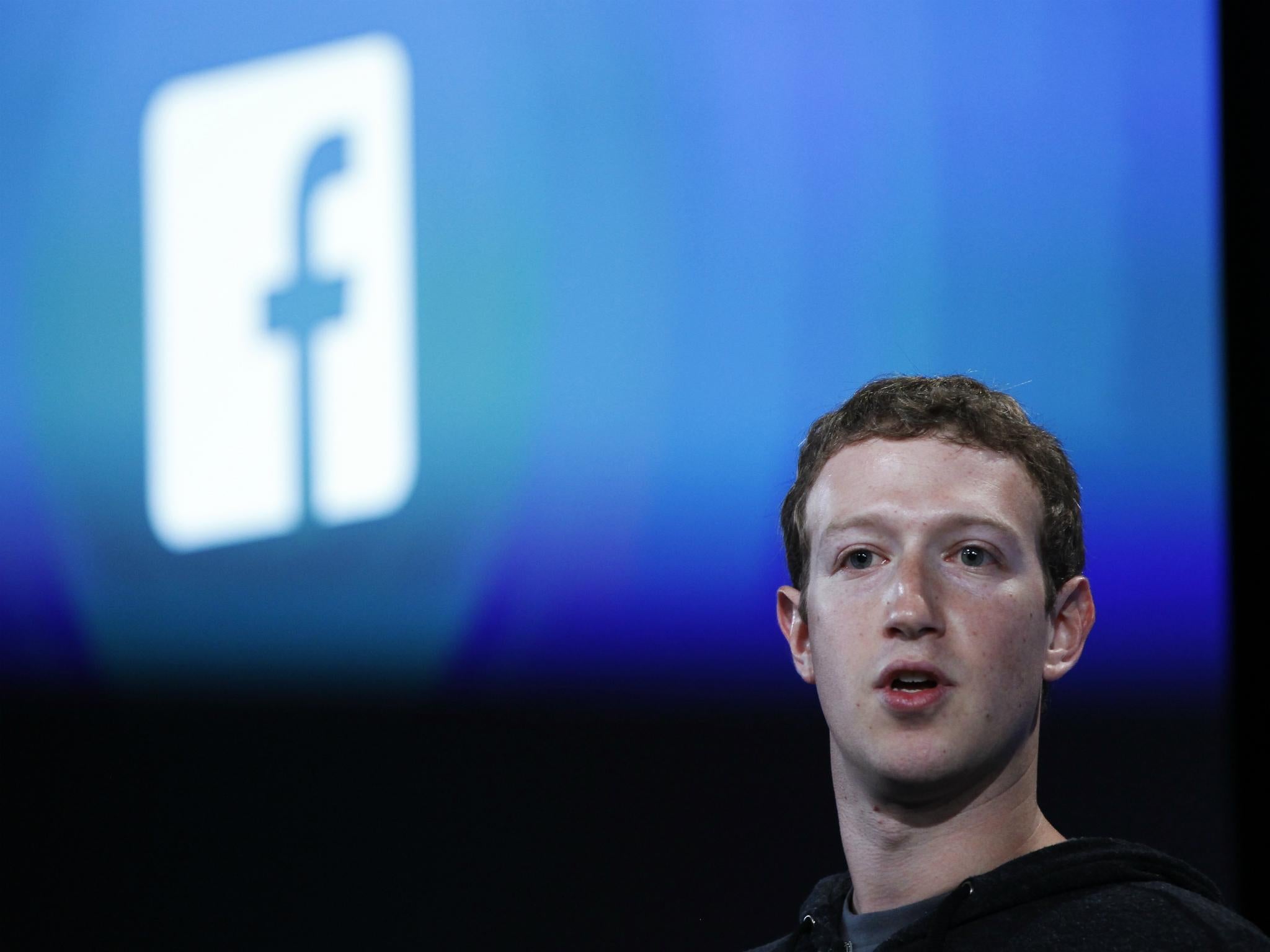A former Facebook exec says social media is 'destroying how society works'. Here's why he's wrong
To claim that social media is destroying society is like claiming that bricks are the cause of Trump's border wall or that turkeys and crackers are the reason we have family arguments at Christmas

Your support helps us to tell the story
From reproductive rights to climate change to Big Tech, The Independent is on the ground when the story is developing. Whether it's investigating the financials of Elon Musk's pro-Trump PAC or producing our latest documentary, 'The A Word', which shines a light on the American women fighting for reproductive rights, we know how important it is to parse out the facts from the messaging.
At such a critical moment in US history, we need reporters on the ground. Your donation allows us to keep sending journalists to speak to both sides of the story.
The Independent is trusted by Americans across the entire political spectrum. And unlike many other quality news outlets, we choose not to lock Americans out of our reporting and analysis with paywalls. We believe quality journalism should be available to everyone, paid for by those who can afford it.
Your support makes all the difference.The former Facebook executive Chamath Palihapitiya has claimed that social media is “destroying how society works”. For two years, I have had a blog on Facebook that celebrates difference and encourages the building of community, and Palihapitiya’s characterisation of social media is not one I recognise.
So ubiquitous and influential has social media become that it is easy to forget that we are still in the early dawn of its age. When cars were as old as social media is now, there were no seatbelts, no airbags, no driving tests, and no breathalysers. Safety measures and design features that we take for granted were totally unimaginable.
The first pedestrian to be killed by a car in the UK, Bridget Driscoll, was killed by a car travelling at four miles per hour. Witnesses said she had frozen in front of the vehicle and seemed “bewildered”.
In 2017, we are no longer bewildered by cars travelling at four miles an hour. We have adapted to what was once new technology, and the road death rate in the UK continues to fall year after year, even as the number of cars on our roads continues to rise. Road deaths in 2016 were 1792 – less than a fifth of what they were in 1941, when deaths peaked at 9,169.
All new technologies are subject to cynicism. When umbrellas first arrived in the UK, users reported being abused and called “Frenchmen” in the street. But just as we got used to umbrellas and cars, there are now millions of people who are starting to develop ways to make social media the safe, empowering, life-enhancing tool that they believe it can be.
I have had the privilege of meeting some of these people through my blog. People like Maz Saleem, whose father Mohammed was murdered in a terrorist attack in Birmingham in 2013.
Maz founded a page on Facebook called “Education for Peace in Remembrance of Mohammed Saleem RIP” which fights against Islamophobia and stands up for the rights of refugees. The page now has more than 18,000 followers.
Before social media, Maz Saleem would have had to appeal to a powerful person – probably white, probably male, probably not a Muslim – to get permission to be heard. In the social media age, the power is all hers.
I have written about Martyn Hett, who used social media to create funny videos about Coronation Street, to promote his mum’s craft fair and to entertain millions of people. When Martyn was killed in the Manchester Arena bombing, my post encouraging people to #BeMoreMartyn went viral and encouraged thousands of people to be braver, to leave abusive relationships, to change jobs, or, in the case of one woman, to post a photograph of her beautiful disabled son, when previously she had been too afraid to do so.
Martyn Hett used social media to make the world a better place, and through social media he has continued to make people’s lives better even after death.
People like Maz and Martyn appreciate that what social media lacks in factual accuracy, it makes up for in its ability to build relationships. Social media is a tool, and like all tools, whether its effects are good or bad lies entirely in how it is used.
To claim that social media is destroying society is like claiming that bricks are the cause of Trump's border wall or that turkeys and crackers are the reason we have family arguments at Christmas. Social media is a way of managing our relationships, but it is not responsible for the quality of those relationships. We are.
By improving our skills of communication, by making social media a place to contribute, to organise, and to pull together, it may yet be the most glorious invention we have ever created. We hold the keys, the compasses, the maps, and the directions. Where we end up is entirely in our hands.
Join our commenting forum
Join thought-provoking conversations, follow other Independent readers and see their replies
Comments